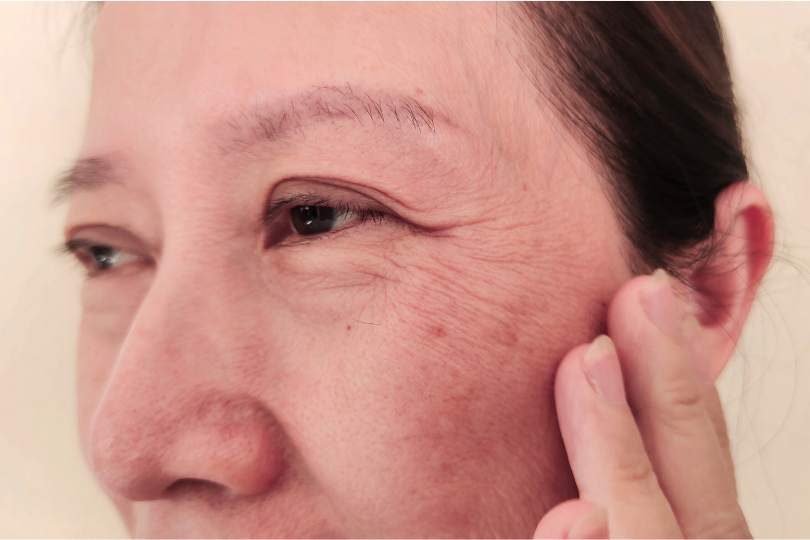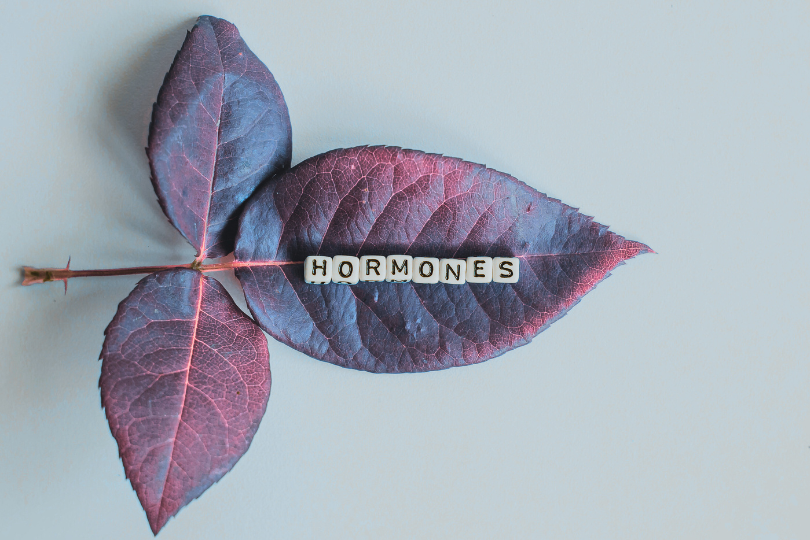Polycystic Ovary Syndrome (PCOS) is one of the most common hormonal conditions affecting people with ovaries during their reproductive years. Despite how widespread it is, PCOS is often misunderstood, and many people are left feeling confused about their symptoms or unsure about what to do next. This guide is here to break things down—what PCOS is, how it’s diagnosed, and how to manage it.
PCOS happens when your hormones don’t quite work as they should, and it throws off your ovulation—the process where your ovaries release an egg each month, leading to menstruation. Without regular ovulation, the menstrual cycle becomes irregular or unpredictable.
One of the key features of PCOS is higher-than-normal levels of androgens, also known as “male hormones.” These hormones can disrupt your menstrual cycle and lead to symptoms like acne, excess hair growth, or even hair thinning.
You might have heard the term “polycystic” and thought it meant cysts on your ovaries. But that’s not exactly what’s happening. In PCOS, the “cysts” seen on an ultrasound are actually tiny, undeveloped follicles—small sacs that contain immature eggs. These follicles are harmless on their own, but their presence can be a sign of hormonal imbalance.
PCOS can look very different from person to person. Some people only have mild symptoms, while others experience more challenges. Here are the most common ones:
If your periods are all over the place—coming late, lasting longer than usual, or even skipping months—it could be due to PCOS. This happens because the hormonal imbalances disrupt ovulation, which affects your cycle.
This may manifest as:
When androgens are elevated, you might notice:
PCOS can make ovulation unpredictable—or stop it altogether—which can make it harder to conceive. An imbalanced hormonal environment can also cause a decline in egg quality. The good news? With the right help, many people with PCOS successfully become pregnant.
Weight gain, especially around your belly, is common with PCOS. Losing weight can also feel harder than usual due to how PCOS affects your metabolism.
Many people with PCOS have insulin resistance, which means your body struggles to use insulin properly. This can increase your risk of developing type 2 diabetes.
If you go months without a period, your uterine lining (the layer of tissue inside your womb) doesn’t shed like it’s supposed to. Over time, this can cause it to grow too thick—a condition called endometrial hyperplasia. If this isn’t addressed, it can lead to irregular spotting, heavy bleeding, or, in rare cases, more serious issues like endometrial cancer.
Medications like progesterone or hormonal birth control can help ensure your uterine lining is shed regularly. If you’ve skipped several periods, it’s worth talking to your doctor to prevent potential complications.
Diagnosing PCOS isn’t always straightforward, as there’s no single test. Doctors usually look at a combination of factors, including:
Since irregular periods can have other causes (like thyroid issues), it is advisable to do the necessary tests to rule those causes out.
At Taylor, we offer an in-depth reproductive health screening that will help you understand whether there are abnormalities that might indicate PCOS. This screening has to be done on specific days of your period.
If you are unsure of when your period will arrive, you would be well suited to book an appointment for an irregular periods screening that will help you gain clarity on your symptoms.
While there isn’t a one-size-fits-all cure for PCOS, there are plenty of ways to manage it effectively. Treatment depends on your symptoms and goals, whether that’s improving your cycles, reducing acne, or trying to get pregnant.
Supplements can be helpful, but they work best when tailored to your specific deficiencies and form of PCOS. Speak to your doctor to figure out what’s right for you. Common options include:
If excessive hair growth or acne bothers you, treatments like laser hair removal, topical creams or oral medications can make a big difference.
If you’re trying to get pregnant, PCOS can feel like a major hurdle—but it’s often manageable. Here’s what can help:
If you are feeling lost or frustrated on your journey to conceiving, learn more about Taylor's Conceiving with PCOS programme specially designed to support you in your journey.
It’s a good idea to see a doctor if you:
Early diagnosis can help manage symptoms effectively and reduce the risk of complications like diabetes, especially during pregnancy, or endometrial hyperplasia.
PCOS can feel overwhelming, but it’s important to remember you’re not alone—and there are plenty of ways to manage it. With small, consistent steps like improving your nutrition, managing stress, and working with your doctor, you can take control of your symptoms and feel better.
If you’re dealing with symptoms or seeking clarity about PCOS, you can explore Taylor's PCOS-specific services to see what might be useful for you.



If your routine suddenly feels out of step, it’s not your products, it’s your hormones. As estrogen begins to fall, the signals that keep skin strong and hydrated weaken. Dryness, breakouts, pigmentation, and slower healing start to appear, even with the same products you’ve always used. The good news: you can adapt. With smart everyday care (SPF, hydration, retinoids, vitamin C), lifestyle support (nutrition, sleep, stress), and medical options when needed (prescription treatments or hormone therapy), your skin can stay strong and healthy well into your 40s, 50s, and beyond.

Menopause isn’t just the end of periods. It’s the start of a new phase where lower estrogen levels can affect your bones, heart, brain, skin, and more. This guide breaks down what’s happening in your body and what you can do to stay strong and well after menopause.

No one talks about it, but perimenopause can hit in your 30s or 40s, and it’s not just about your period. Think brain fog, poor sleep, low libido. Here’s what to look out for and what you can do.